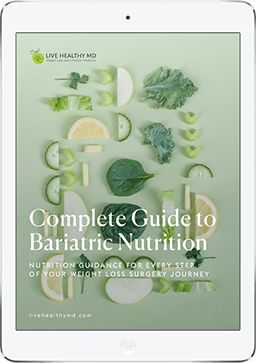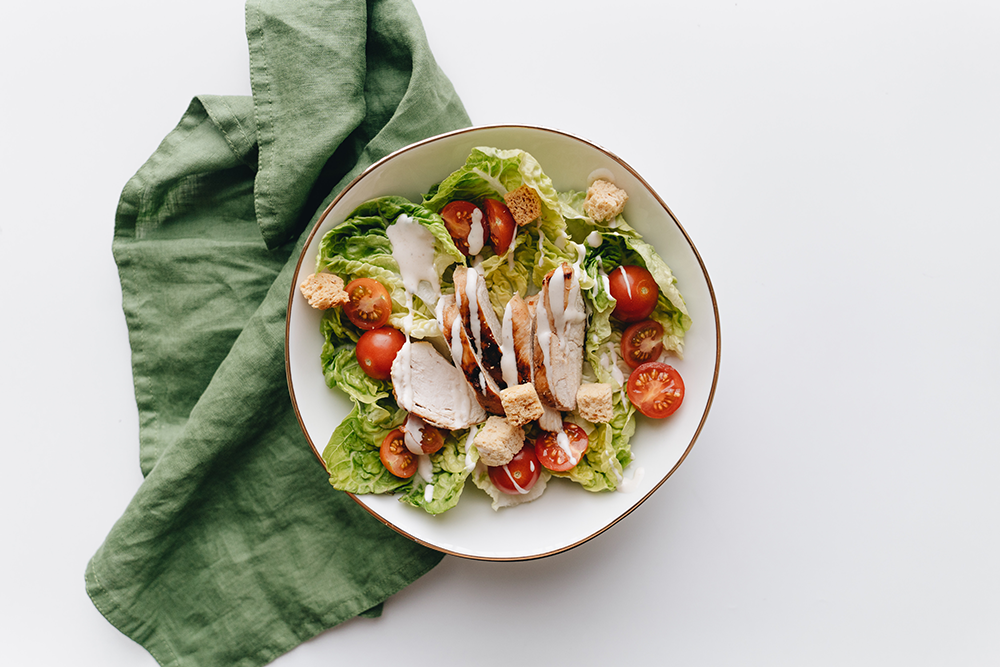
As the most prominent communication and information-sharing platform, social media greatly influences the diet culture, sometimes sharing unrealistic weight loss expectations. Social media diet culture and trends are constantly moving and changing, with users sharing "newer" and "better" diets to follow. Although not all are necessarily bad, basing your weight and food intake on someone else's practice can be discouraging and sometimes dangerous.
If you only take one thing away from this blog, it's that if a diet/weight loss trend looks too good to be true, it more than likely is. There are no supplements or herbal pills you can take that magically make your weight fall off. So if you see something like that, know that you are being deceived.
What Is Social Media Diet Culture
Some common social media diet trends are collagen powder, lemon water, green tea pills, and caffeine extract. While these products can have some health benefits, the best approach to weight loss will always be a healthy balanced diet and exercise.

Along with the “quick-fix” products, social media diet trends can also influence a patient’s eating behaviors and habits. From pushing the keto diet to watching “What I Eat in a Day” clips, it can be easy to feel overwhelmed by the diet culture.
How we metabolize food is different for each individual. So trying to follow a “What I Eat in a Day” diet can perpetuate unhealthy eating patterns and cause stress in comparing your food to someone else’s food.
What is important to remember is that no specific eating plan works for everyone. In fact, falling into the trap of fad diets can be detrimental to your health and overall weight loss goals. When your fad dieting, you go through periods of extreme restriction to periods of regular (or binge) eating, ultimately making weight loss harder.
Similarly, fad dieting can also cause certain nutritional deficiencies. When you eliminate certain food groups, you eliminate certain nutrients such as carbs and fats. All nutrients play a vital role in your normal bodily functions. Therefore, when you remove them entirely from your diet, you are jeopardizing your health and how your body will function properly.
Not to mention, some short-term effects of yo-yo dieting may include acne, change in bowel movements, depression, and fatigue.
Although we have a generally weary sentiment towards social media diet trends, that doesn’t mean you can’t trust anything you see online. Some excellent bariatric dietitians and healthcare providers promote healthy and holistic eating habits, such as mindful eating, balanced plates, and how to cook healthily. So there is some good in the social media diet culture; you just need to be cautious and be sure to consult your bariatric care team.











